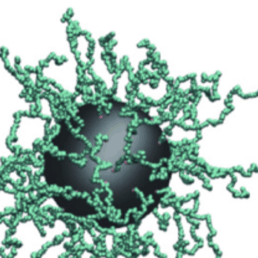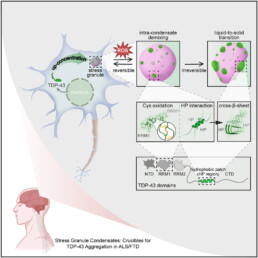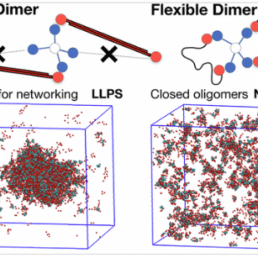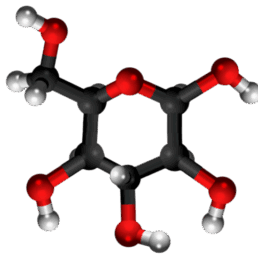How Protein Condensates Age
Protein condensates are dense droplets of proteins that organise the interior of the cell. Curiously, they age, meaning their physical properties such as viscosity change over time. In our paper “Theory of rheology and aging of protein condensates” published in PRX Life, we study how protein condensates become very viscous with time reflecting its glassy nature. We formulate a theory to understand this intriguing phenomenon.
Check out the paper for more info! https://journals.aps.org/prxlife/abstract/10.1103/PRXLife.1.013006
8. August 2023






